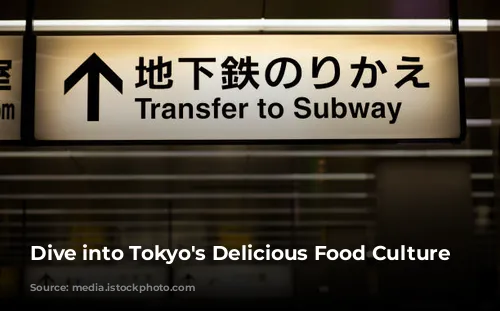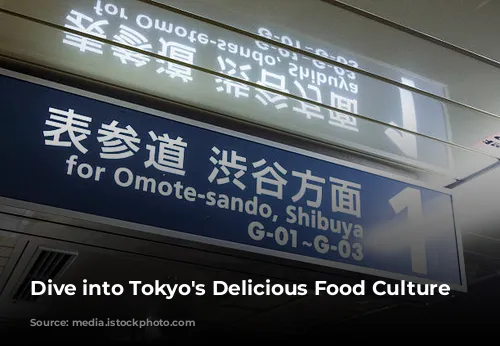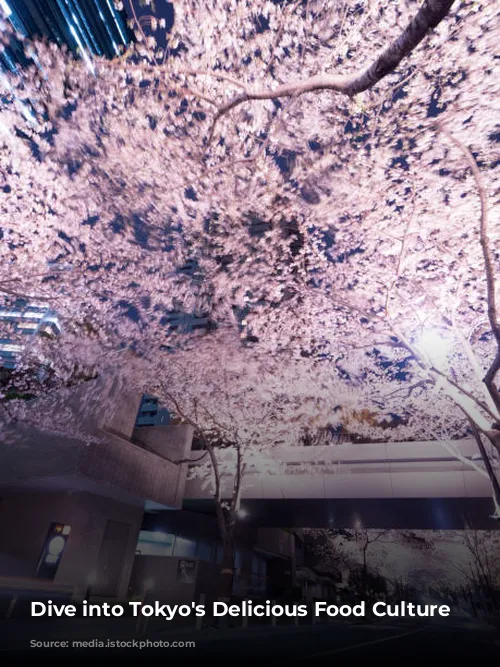Tokyo’s food scene is a culinary wonderland, bursting with flavors and unique experiences. Prepare to be amazed by the epic dishes waiting to be discovered. To navigate this vibrant world with ease, here are some essential tips.
Navigating the Restaurant Scene
Stepping into a restaurant, you’ll often encounter a ticket machine. These machines are a common sight in smaller eateries and ramen shops. Simply select your desired dish, pay for it, and receive a ticket for your order. Present this ticket to the staff, and they’ll bring you your meal.
If the restaurant lacks a ticket machine, you’ll need to alert the staff when you’re ready to order. Raise your hand and make eye contact, or gently say “sumimasen” if they don’t notice you. Don’t be afraid to use this phrase – it’s a normal way to get their attention in Japan.
Need an English menu? Just ask “eigo menu…?” – a simple phrase that gets the point across.
Understanding Common Questions
Travelers in Japan often hear a few basic questions, especially when making purchases.
A common question at convenience stores and shops is whether you need a bag. Listen for the word “fukuro”. If you need a bag, say “onegaishimasu”. If you don’t, politely say “daijoubu”.
Another frequent question is whether you have a point card. Keep an ear out for “pointo cardo”. If you don’t have a card, simply shake your head.
Here are a few more useful phrases to know:
- “Daijoubu”: This means “it’s okay; I’m fine; no thank you.”
Remember: The “R” sound in Japanese often sounds like a soft “D” sound, similar to Spanish. For example, “fukuro” sounds more like “fuu-kuu-dou”.
Respecting Local Customs
Japan is known for its unique etiquette. While you may already be familiar with some, here are a few important ones to remember:
- Avoid eating or drinking on trains.
- Refrain from eating while walking on busy streets. Seek out a nearby park to enjoy your food.
- Silence your phone calls on trains.
- If you smoke, use designated smoking areas.
- On escalators, stand on the left side. The right side is for walking.
Exploring further: Learn more about Japanese etiquette here.
Finding Comfort in Share Houses
For travelers seeking a sense of community, consider staying in a share house. These accommodations offer flexible lease terms and generally lower costs. You’ll have your private room while sharing a kitchen, bathroom, and common areas.
Share houses are often foreigner-friendly, providing English support staff. This makes them ideal for travelers and foreign workers. Best of all, you’ll be surrounded by a welcoming community, making it easy to connect with other travelers, locals, and potential friends.
Discover my list of top share houses in Tokyo: [link-to-share-house-article].
Tokyo awaits! This vibrant city offers a culinary adventure like no other. Embrace its unique food culture, explore its hidden gems, and create unforgettable memories.















